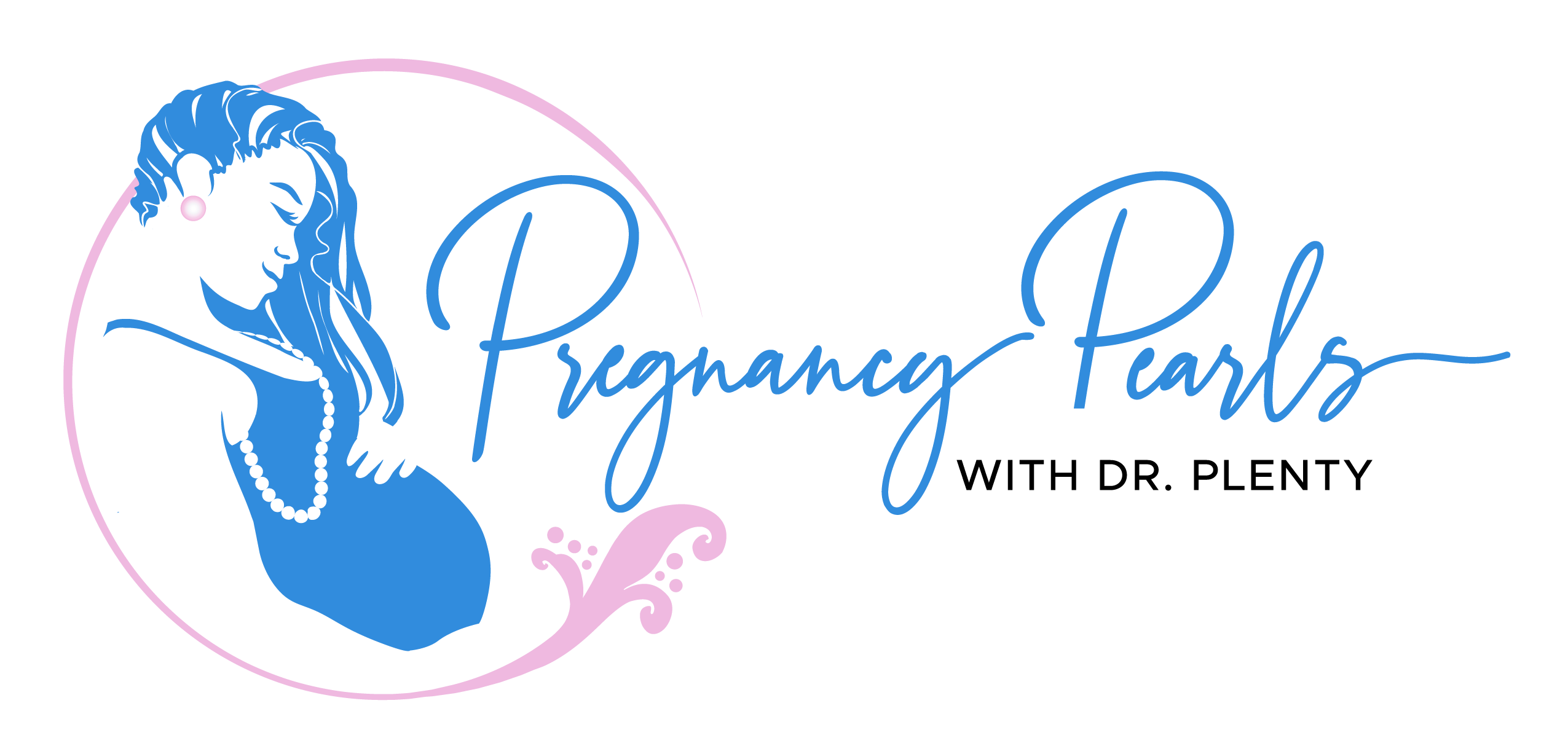Wheeww… chiiillld!!! It’s been a while since I’ve posted. There are a few reasons for this. In all honesty, I have avoided writing partly because I’ve been scared. As a physician, I’m supposed to be a healthcare leader. I must keep it together, right! But it’s hard to keep everything together when I’m walking into the unknown everyday. I don’t know who has the virus and who doesn’t. It’s June… 5 months into the pandemic… and I still have to re-use masks. I’ve received 3 KN95 masks from my job, and I finally received the 10 I ordered from Amazon. Some patients refuse to wear masks, which means I have to deal with the drama of refusing to have them seen in clinic. The other reason I haven’t posted in a while is that I’m completely overwhelmed. In light of the death of Ahmaud Arbery, Breonna Taylor, George Floyd, and all those in between and after, it has been emotionally draining. One positive thing the two pandemics (COVID-19 and racism) have done is highlight racial injustices and health disparities and given the majority and large cooperations the opportunity to become allies and for us, as people of many races and ages, to be a part of the solution. As a Black mom and high risk pregnancy physician, doing my part is striving to reduce maternal deaths related to pregnancy.
Since forever ago, the pregnancy-related mortality rate, or the rate of death related to pregnancy issues, is highest amongst Black women. Some would like to blame it on “lower socio-economic status” or a lack of education. NOPE! According to the CDC, The pregnancy-related mortality ratio (abbreviated as PRMR) of Black women with at least a college degree was 5.2 times that of our White counterparts1. Some may say that these deaths weren’t preventable. Well, studies show that Black are more likely to experience preventable maternal deaths compared to White women 2. Although people jokingly say “Black don’t crack”, it has been long known that Black women, in fact, experience “weathering”, meaning our bodies actually age faster than White women’s due to chronic exposures to environmental stresses related to socioeconomic disadvantage and discrimination3. This is thought to account for riskier pregnancies at earlier gestational ages.
Because being Black is an independent risk factor for poor maternal outcomes, here are some things you can do and/or discuss with your provider before, during, and after your pregnancy that will help you get safely through it.
Before pregnancy:
- Exercise and drop some pounds. Obesity increases the risk of high blood pressure issues in pregnancy, gestational diabetes, having a small baby, stillbirth, and C-section delivery. Being at a healthy weight will reduce these risks. If you already have high blood pressure, you could potentially come off of blood pressure medications before pregnancy. If you’re diabetic, healthy eating and exercise will lower your A1C.
- Get a pre-conception visit. This visit will help you know if you’re healthy enough to get pregnant. The OB/GYN or Maternal-Fetal Medicine physician will also review all medicines to make sure they won’t cause birth defects. Make sure to mention even over-the-counter medications during your visit.
- Get a well-woman exam. Make sure you’re wellness checklist is up-to-date. If you’re over the age of 40yrs or have a strong family history of breast cancer, make sure you have had a breast exam and mammogram. Make sure your most recent pap smear is normal. You don’t want to deal with a cancer work-up during pregnancy if you can avoid it.
- Start prenatal vitamins. Starting vitamins early will make sure your growing baby has all it needs during early development before you even know you’re pregnant. Folate is in your prenatal vitamin. If you have a seizure disorder, a personal or family history of spina bifida, or diabetes, you need to take extra folate beyond what’s in your prenatal vitamins.
During the pregnancy:
- Ask about starting Aspirin (81mg) to reduce your risk of pre-eclampsia. If you’re Black AND obese, you should be on this unless you have issues with bleeding. If you have type 1 or 2 diabetes, high blood pressure/hypertension, lupus, thyroid disease, an autoimmune disease, or have an IVF pregnancy, aspirin is also recommended for you (unless there are reasons that would make it harmful). Discuss with your provider.
- Attend all prenatal visits. If you have to miss one, then call before the appointment to reschedule.
- Take notes and ask questions. Bring a notebook with all questions you can think of. Jot down the answers during your visit. It’s your provider’s job to make sure all your questions are answered.
- Do not avoid the hospital or delivery. Some people think doctors want to deliver patients for convenience. Ask why you need to go to the hospital. If the reason is your health or baby’s health, then go!
- Eats lots of vegetables. This is cliche, but nothing substitutes being healthy… it’ll help you avoid a ton of issues later on.
- Drink 5 bottles of water a day. This will help you stay hydrated and reduce your risk of preterm contractions.
After pregnancy:
- Monitor your symptoms. A headache, shortness of breath, or pain near your liver should prompt you to go back to the hospital. Vaginal bleeding with more than 2 pads an hour should also be evaluated.
- Make sure to keep your postpartum appointments. You’re not out of the woods for 6 weeks… really up to a year. So, it’s important to get everything checked out. If you had blood pressure issues during the pregnancy, you should be seen within a week of delivery by your OB/GYN or Maternal-Fetal Medicine physician.
- Breastfeed if you can. This helps with getting you back to a healthy weight. It’s also extremely helpful for the baby as well.
- Wait a year before trying conceive again. This allows your body to heal and get back to its pre-pregnant state. During this year, you should take steps to avoid getting pregnant by using some type of contraception or family planning method.
Sources:
- https://www.cdc.gov/media/releases/2019/p0905-racial-ethnic-disparities-pregnancy-deaths.html
- 2. Louis, J. M., Menard, M. K., & Gee, R. E. (2015). Racial and ethnic disparities in maternal morbidity and mortality. Obstetrics & Gynecology, 125(3), 690-694.
- Geronimus, A. T. (1992). The weathering hypothesis and the health of African-American women and infants: evidence and speculations. Ethnicity & Disease, 2(3), 207-221.



